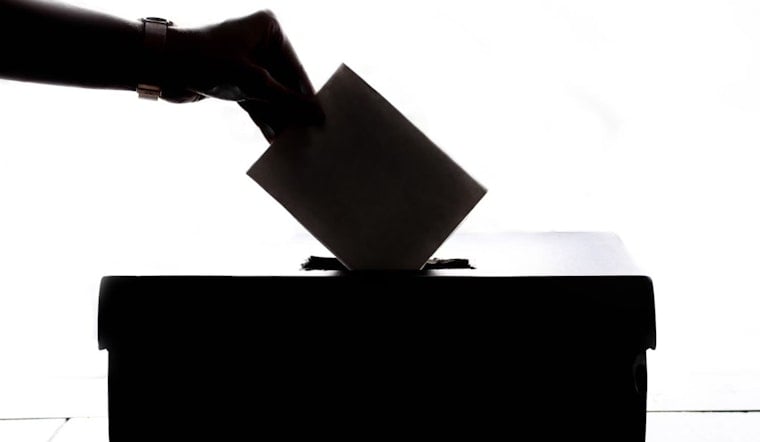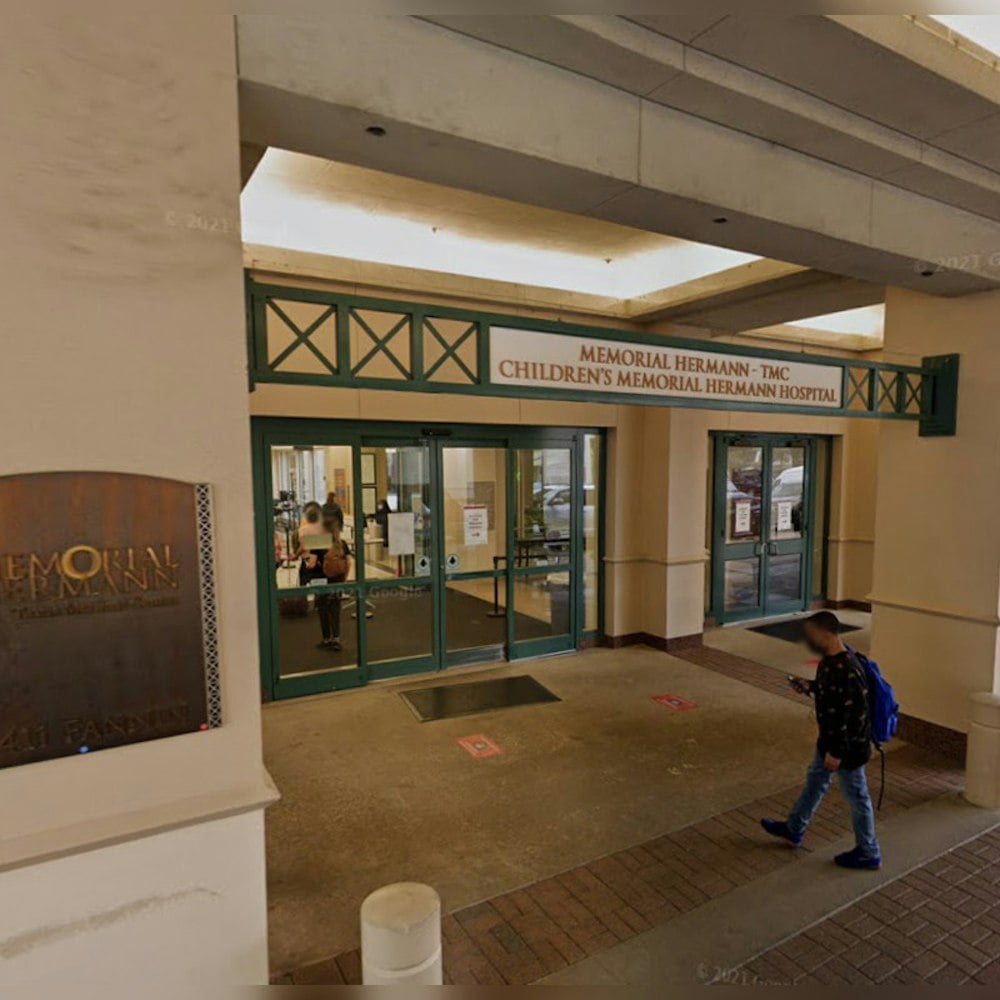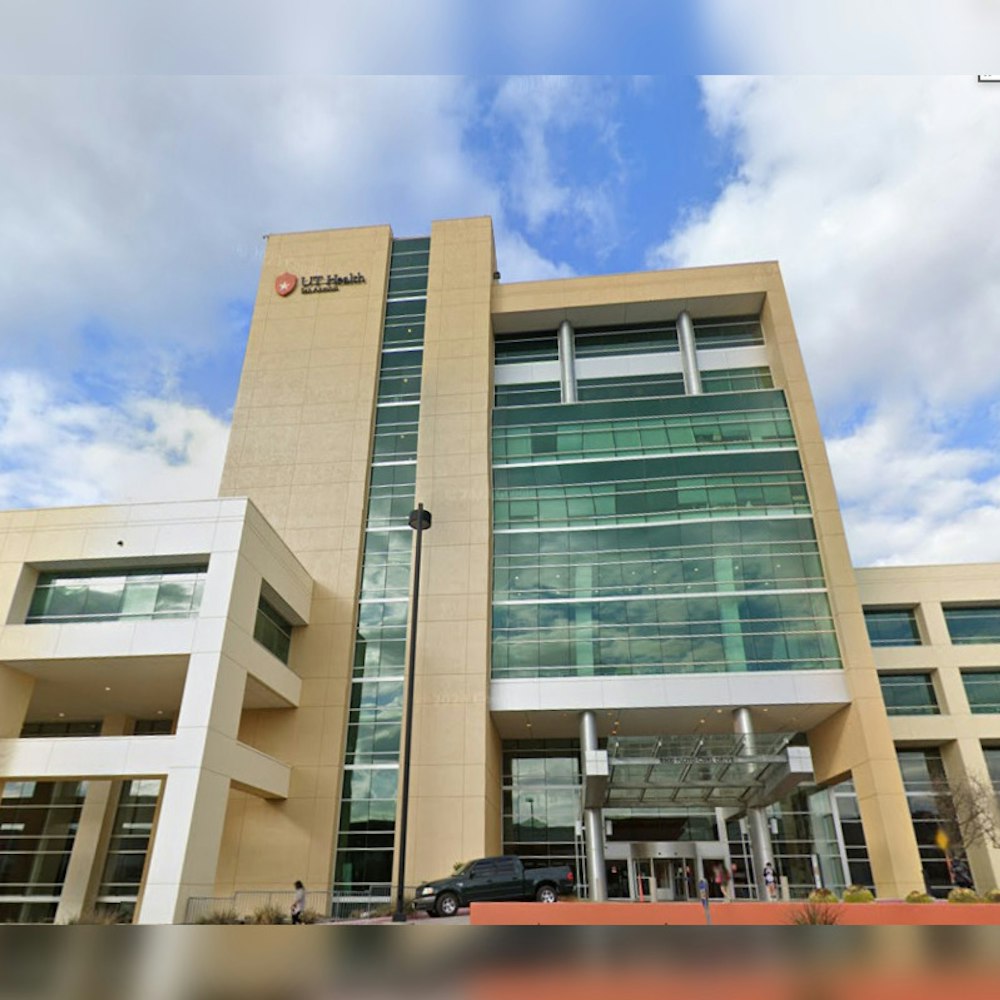
Georgia's election integrity is back in the spotlight as state officials have launched an investigation into allegations of a security breach involving Bibb County's voting machines, a developing story that echoes a troubling pattern of unauthorized access to election systems. The Georgia Secretary of State's office has its sights on forensic analyst Benjamin Cotton, who is linked to a similar incident in Coffee County, after he claimed in a March 11 sworn affidavit, filed with the U.S. Supreme Court, that he also examined components of the widely used Dominion Voting Systems in Bibb County, as WABE reports.
Cotton's claims have raised the alarm for groups such as the Coalition for Good Governance, whose executive director Marilyn Marks pressed for immediate action in a March 28 letter, given that the 2020 presidential election's integrity is questioned by right-wing activists who argue that Dominion's voting apparatus was compromised and resulted in President Donald Trump's loss, as per WABE. Echoing the urgency, Marks emphasized the significance of the State Election Board starting an independent probe into the claims without delay, especially since its counterpart in Coffee County had previously been subject to scrutiny.
While the investigation by the Secretary of State's office is ongoing, State Election Board Chairman John Fervier has refrained from commenting on the breach, waiting for the final report before considering any required actions, informed the Recorder. The probe was initiated following a series of events that started after Cotton mentioned having "forensically examined" Dominion systems not just in Georgia, but also in other key states like Arizona, Michigan, and Pennsylvania.
Details are scarce on how Cotton gained access to the voting systems in Bibb County; however, his lawyer insists that Cotton's involvement was merely an examination of a backup voting database obtained legally through an open records request, which Cotton asserts is a component of the overall voting system, drawing a distinction between accessing confidential information and what's deemed public data, a point of contention that contrasts with prior testimony that implicated him in a Coffee County examination not Bibb's, leaving space for doubt to fester in an already skeptic-riddled political landscape.
The Macon-Bibb County Board of Elections has denied any illicit access to their systems, and election supervisor Tom Gillon, affirmed that only employees of the state elections board, authorized staff from Dominion, and representatives from the Georgia Secretary of State's office were granted permission to handle the county's equipment, as confirmed in a recent email communication shared with the Recorder. With this backdrop, the questions raised by Cotton's testimony are now part of a larger narrative involving disputes over election security that have prevailed since the 2020 election cycle.
The controversy over voting system integrity continues as a lawsuit lingers in the United States of the Northern District of Georgia, where Judge Amy Totenberg is yet to rule on claims put forth by the Coalition For Good Governance and other plaintiffs that the electronic voting machines pose a vulnerability, perhaps lending to unauthorized breaches and cybersecurity threats. These developments unfold as the same forensic analysts, Cotton and Doug Logan of the Florida-based firm, find themselves connected not only to Georgia's issues but also to a prior "audit" of Arizona's Maricopa County election and ongoing investigations in Michigan concerning unauthorized access, linking a web of inquiries and litigation that continues to challenge confidence in the electoral process.








-3.webp?w=1000&h=1000&fit=crop&crop:edges)
